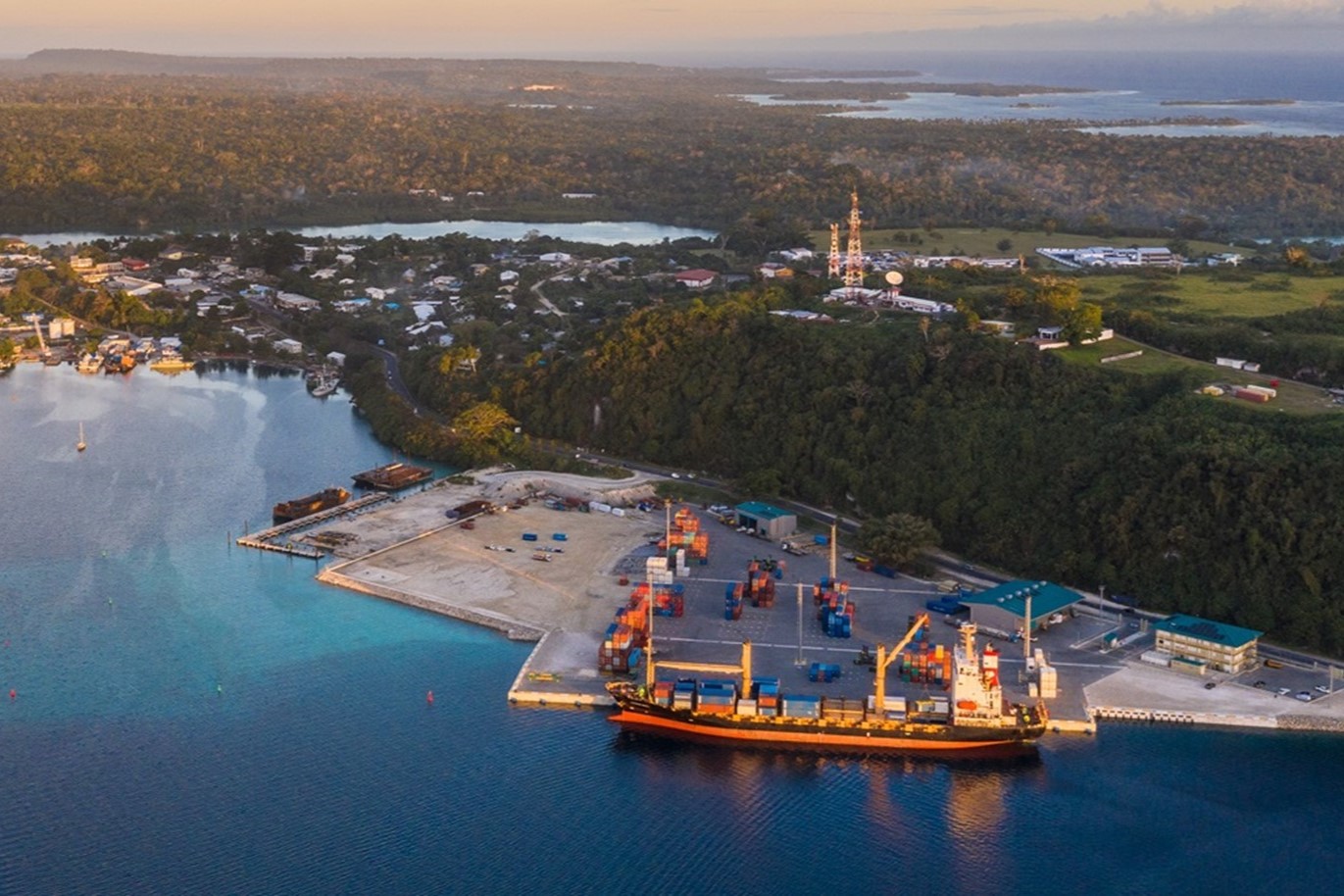Climate-Smart Trade: Boosting Efficiency, Climate Solutions
A new project sets out to cut carbon emissions from cross-border trade while enhancing efficiency, sustainability, economic and climate resilience in Africa and Asia-Pacific.
Kickstarting a joint endeavour on 10 March, United Nations agencies team up to transform global trade processes.
The three-year initiative, "Climate-smart trade facilitation for economic and climate resilience in Africa and Asia-Pacific", taps digital solutions to slash physical paperwork, streamline logistics for more sustainable trade practices.
It seeks to help Cambodia, Rwanda and Vanuatu measure and reduce carbon emissions from cross-border trade.
The project is led by UN Trade and Development (UNCTAD) and the UN Economic and Social Commission for Asia and the Pacific (ESCAP), with funding from the UN Development Account.
Rethinking trade facilitation: Digitalization for climate action
Trade facilitation has long been about efficiency, making administrative procedures cheaper and faster.
But the environmental impact of global trade remains largely overlooked.
"Every outdated, paper-based trade procedure comes with an environmental cost. Excessive documentation and inefficient customs processes increase emissions and slow economic growth," says Angel Gonzalez Sanz, acting director of technology and logistics at UN Trade and Development.
"Digital trade facilitation is the key to unlocking both sustainability and competitiveness in the modern economy," Mr Gonzalez Sanz adds.
There's already progress in modernizing and greening trade operations - notably in developing countries.
Vanuatu, a user country of UN Trade and Development's ASYCUDA customs automation single window system, has eliminated physical documentation in cargo clearance processes, while the reduction of paper use in physical sanitary and phytosanitary certificate application is over 95%.
Kenya's TradeNet System - also supported by UN Trade and Development - integrated 35 government agencies into one single platform, automating processes and significantly reducing paper waste.
Innovative tool to bolster sustainable trade
The new project builds on the concept of climate-smart trade, outlined in collaborative research by UN Trade and Development, ESCAP and the UN Environment Programme.
Its centerpiece is a CO2 emissions calculator that enables governments and businesses to quantify the environmental footprint of trade procedures in real time for data-driven policy interventions.
It will contribute to broader efforts towards green trade facilitation and cross-border paperless trade - the very areas needing urgent progress as shown in the latest UN global digital and sustainable trade facilitation survey covering over 160 economies.
Catalyzing change across global supply chains
The project aims fosters regional and South-South cooperation, rallying trade bodies, customs agencies and businesses to pursue a faster, cleaner and more efficient trade ecosystem.
It leverages the Framework Agreement on Facilitation of Cross-border Paperless Trade in Asia and the Pacific, a UN treaty in force since 2021.
The efforts ahead will be crucial as trade facilitation does not exist in a vacuum. When customs clearance embraces sustainability, supply chains could recalibrate by adopting greener transport, cutting waste and investing in carbon reduction.
"By delivering targeted technical assistance, building institutional capacity and leveraging data-driven policy solutions, we are equipping countries to embrace digital trade systems that drive economic growth while advancing sustainability," says Rupa Chanda, director of trade, investment and innovation at ESCAP.
Concrete actions ahead
In the next three years, the project will:
By integrating sustainability into trade, the initiative repositions global trade as both an economic force and an environmental safeguard.
As challenges from a changing climate intensify, cutting trade-related emissions is no longer optional. The future of trade must balance speed, efficiency and lasting sustainability.
https://www.unescap.org/news/climate-smart-trade-facilitation-efficiency-climate-solutions
View Original | AusPol.co Disclaimer
